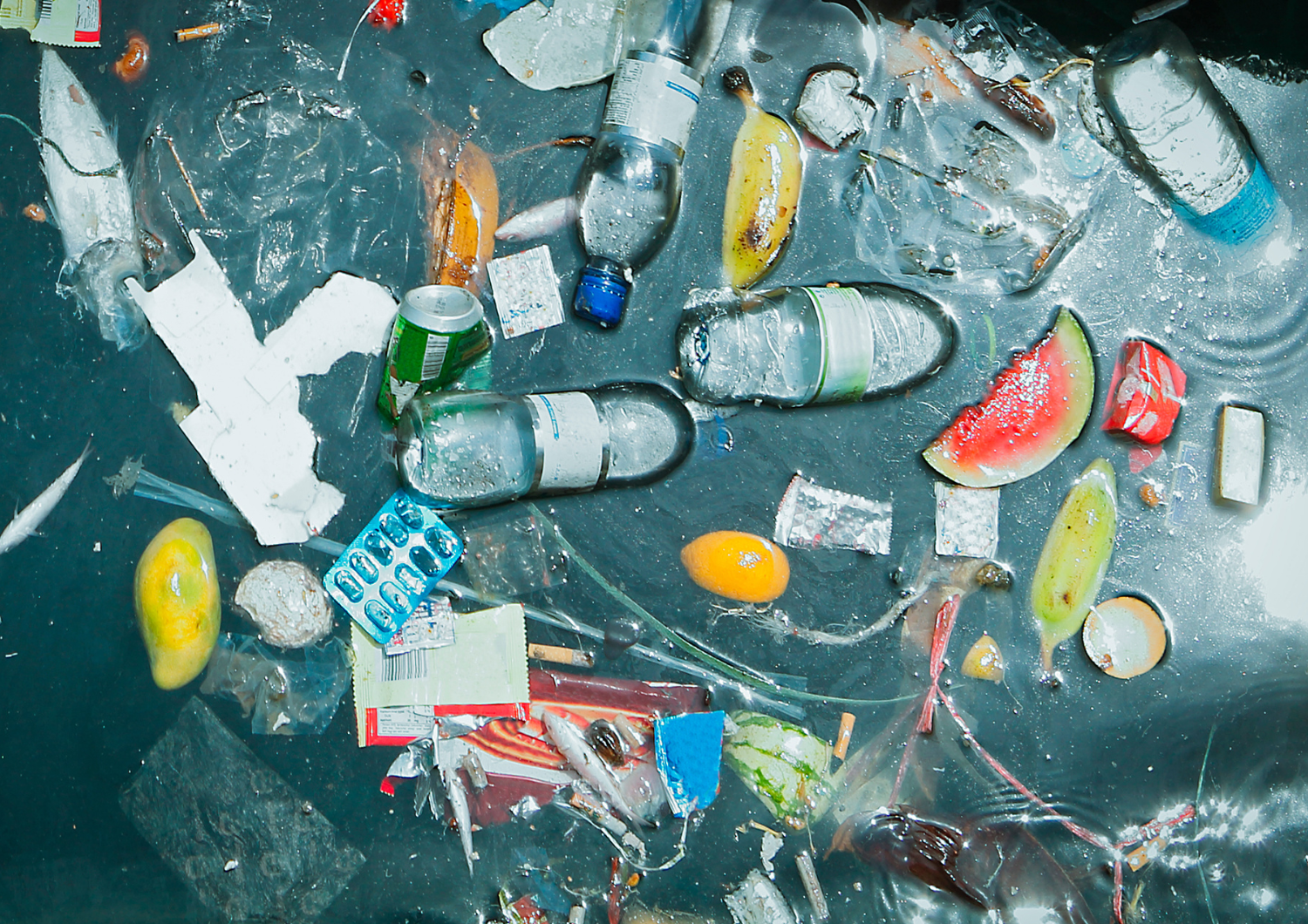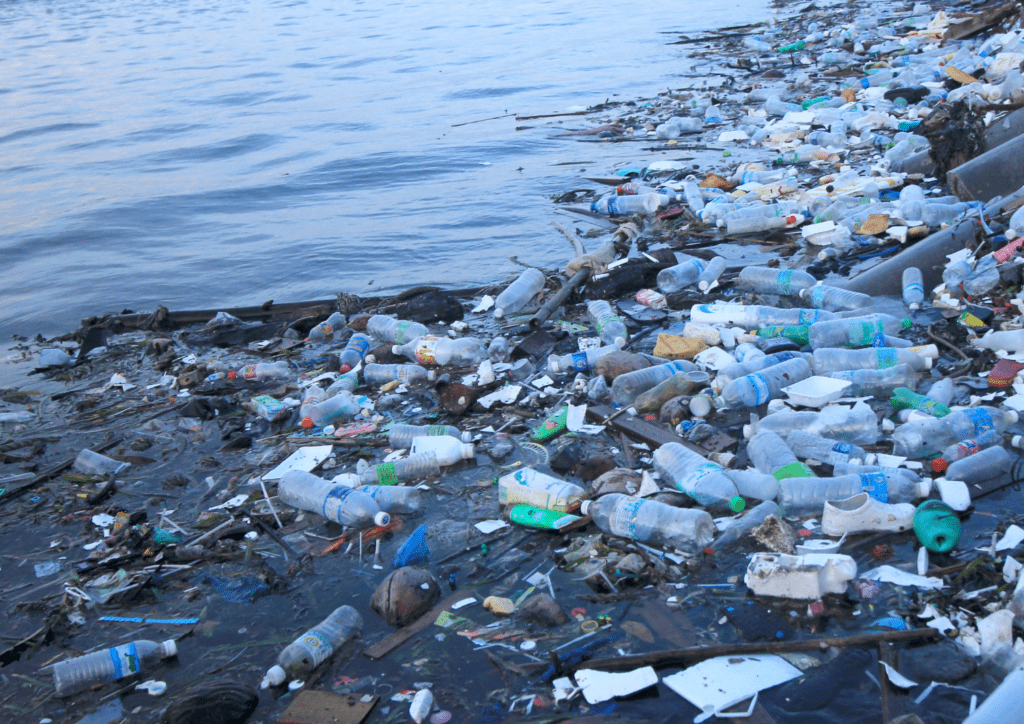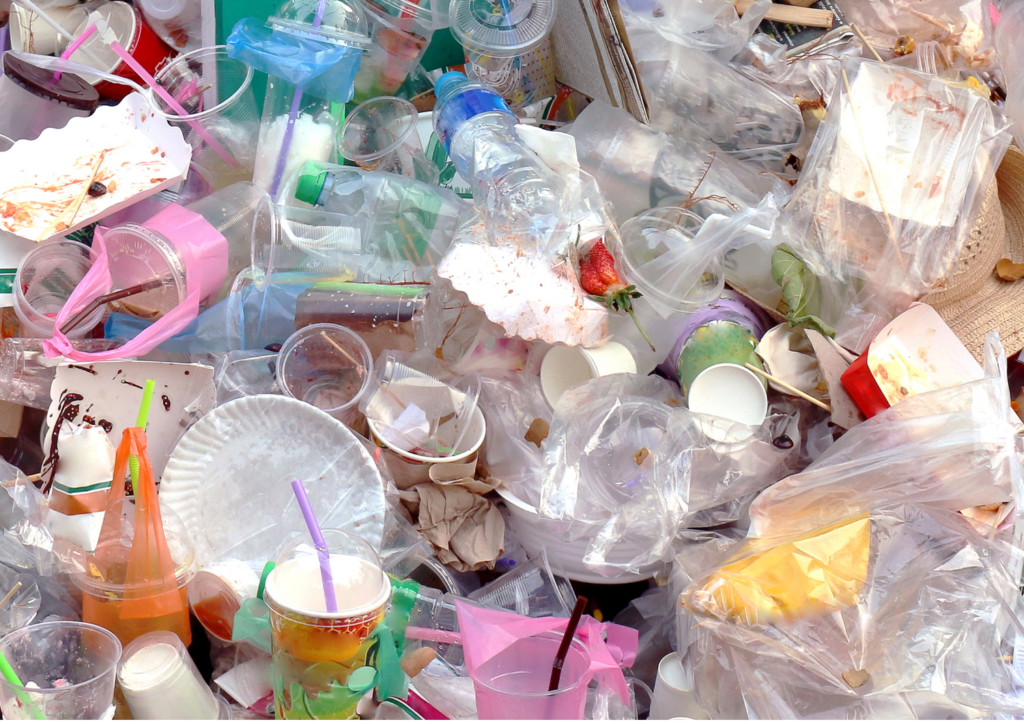There’s still a lot of work to do to get the global treaty we need to end plastic pollution. The recent round of talks at the United Nations Environment Programme HQ in Nairobi, Kenya, didn’t make much progress towards an international treaty to end plastic pollution. It was a disappointment for everyone. Well, except those investors and states that tie their future to drowning the world in oil and plastic.
Big Plastic infiltrated the negotiations in a big way, with supporting roles from countries such as Saudi Arabia, Russia, China, Iran and the US. They worked together to block anything that would actually stem the flow of plastic waste. All they wanted to focus on was ways to manage plastic waste. But we all know that trying to stop plastic pollution by cleaning up waste and litter is like trying to mop up an overflowing bathtub with the tap wide open. It can never work.
View this post on Instagram
The production of plastics has more than doubled around the world since the beginning of this century—a rate of growth that will continue unless a successful treaty changes the trend. Big Plastic is not interested in turning off the tap. That’s understandable since they make their money selling us plastic. Lots of plastic. Especially the kind of plastic that we only use once before tossing. Things like plastic packaging, takeout cups, and checkout bags.
Without reining in the production of plastic, we have no hope of ending plastic pollution. Sure, we can and should ban problematic plastic products and shift to reuse systems for packaging. But that alone will not stem the flow because the companies that make their money off plastic will just find other ways to force it on us. Ways we probably can’t even imagine today, just as your parents probably didn’t imagine that, one day, almost all baby food would be packaged in plastic.The only way to really start to turn off the tap is for countries to come together and limit the production of all plastic.
Luckily there is a block of nations, mostly in the Global South, pushing for exactly that. Notably, this group includes small island developing states and African countries who bear the brunt of plastic pollution without sharing in the profits of the ballooning industry. As one member of this second block of states put it during closed-door meetings in Nairobi, focusing on industry-friendly ‘downstream’ measures—such as “improved” waste management—is “literal dumping on the poorest people of the planet.”
View this post on Instagram
Plastic starts generating pollution from the moment it is made. At all phases of its existence, it leaks into the environment, travels across land, water and even sky and poisons ecosystems, plants, animals, clouds, rivers, lakes, oceans, and us. And don’t forget: communities on the frontlines of plastic production and waste suffer disproportionately—and that includes people living in low-income countries and Indigenous people in countries such as Canada.
And speaking of Canada, it’s going to be hosting the next round of negotiations in April on unceded Algonquin territory in Ottawa. So far, Canada—along with many of its so-called “high ambition” allies from high-income countries—has charted a middle ground, focusing on product and chemical controls without committing to cutting plastic production. But there is less and less room for middle ground in a rapidly polarizing negotiation where the most aggressively pro-plastic states don’t hesitate to obstruct progress while parroting industry talking points.
It is time to get serious about an ambitious treaty to address the global plastic pollution crisis, and that includes setting up the Ottawa round of negotiations for success. Canada and other high ambition allies need to focus on real measures to end plastic pollution. That means including limits on production of plastics and pushing back against pro-plastic states and their corporate patrons who seem hellbent on derailing the negotiation process.









